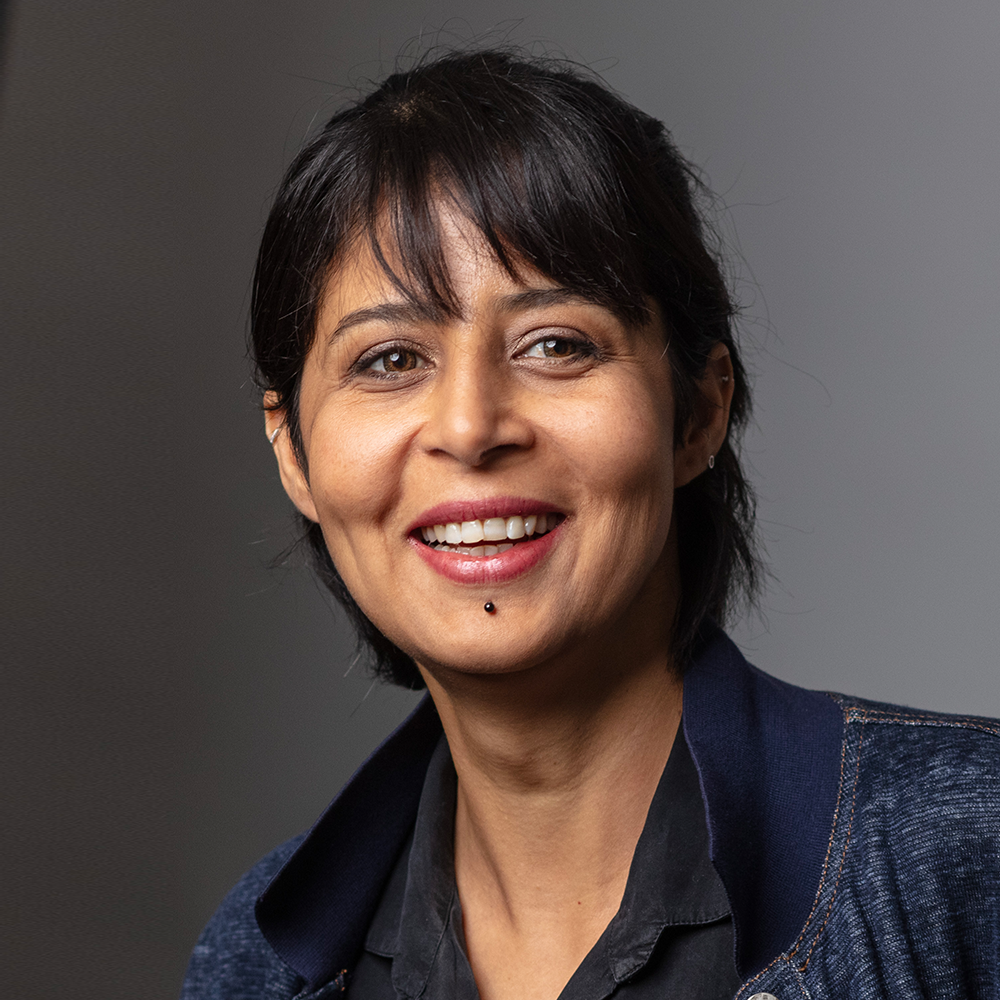How anti-Muslim sentiment has gone mainstream

Two decades of the “War on Terror” have had a drastic effect on the lives of Muslims in western countries.
Since the September 11, 2001 attacks, Muslims in the West have been viewed with suspicion.
In Switzerland about half of people think Islam is a danger to national security.
A study publishedExternal link by the Center of Security Studies in Zurich states that although 56% of the Swiss population believes Islam is a peaceful religion, 46% see it as a threat.
When someone in Switzerland complains of discrimination on grounds of religion, they tend to be disproportionately of the Islamic faith. The Federal Statistical Office shows in a 2016 surveyExternal link that 12 % of respondents had been discriminated against because of their religion. One-third of those were Muslims.
This has direct consequences for Muslims in Switzerland. They are regularly victims of racism such as verbal abuse or difficultly integrating into the workplace.
Structural discrimination
But Muslims didn’t have to wait until 9/11 to be discriminated in Europe. Unfavourable attitudes to Islam go back several centuries and have shaped part of European history.
“In the Middle Ages there was war, and hostile propaganda on both sides,” says Andreas Tunger-Zanetti, a researcher in religious studies at the University of Lucerne.
An example would be the status given to Algerians under French colonial rule. They could only acquire French citizenship after giving up their Islamic faith.
One of the largest and most representative studies in 2009 found that almost every third Muslim person in the European Union has experienced discrimination. On average, a quarter of the Muslim respondents had been checked on by police in the previous twelve months. Some 40% of respondents held the view that they were targeted for police checks because of their immigrant background or belonging to a minority.
All told, 51% of Muslims surveyed, and 20% of non-Muslim ethnic minorities, took the view that discrimination on grounds of religion or philosophy of life is “External linkvery” or “rather” widespread.External link
In the USA the number of assaults on Muslims between 2015 and 2016 increased markedly, and reached the level it was at just after the terror attacks on September 11, 2011.
This sentiment of western islamophobia has only been aggravated by the 9/11 attacks, perceived as a turning point in the history of relations between the West and the Islamic world.
“Since then, Islam has been seen as the main threat to the Western model,” says Darius Farman, a researcher at Center for Security Studies at the Swiss Federal Institute of Technology ETH Zurich.
Then United States President George W. Bush did not hesitate to use the word “crusade” to justify his fight against terrorists.
These negative attitudes to Muslims in Europe and the US were further reinforced by the terrorist attacks in Madrid and London in 2004 and 2005, where some 200 and 50 people were killed respectively in a set of coordinated attacks.
“That was the time when Europe realised that terrorism happened not just on the other side of the Atlantic,” says Tunger-Zanetti.
The enemy within
Jihad propaganda which proliferated online and in certain mosques after 9/11 made it easy for people to demonise Islam as a whole.
When jihadist terror arrived in Europe, Islam also became a potential threat to Switzerland. Tunger-Zanetti puts it this way: “If I only hear about Islam in connection with wars or terror attacks, then I inevitably get the feeling that there is a strong connection between this religion and terrorism.”
On the political level, Islam and Muslim migrants became a security issue, says Hansjörg Schmid, Director of the Swiss Centre for Islam and Society of the University of Fribourg.
Vicious circle
On the ground, this blanket suspicion of all Muslims gave them the impression of not being welcome in Western countries. That in turn confuses them. “In their own personal experience, perhaps, they have had very positive experiences, and thus are unable to understand the discrepancy with what they hear in the public debate,” says Schmid.
Jihad propagandist fed off this fear and confusion, further dividing Western societies and accentuating discrimination. Studies show that discrimination can be a significant motivating factorExternal link for jihadist radicalisation.
“For this is precisely the goal of the terrorists: to accentuate differences and exploit them,” warns Schmid.
Translated from German by Terence Macnamee; edited by Virginie Mangin

In compliance with the JTI standards
More: SWI swissinfo.ch certified by the Journalism Trust Initiative









You can find an overview of ongoing debates with our journalists here . Please join us!
If you want to start a conversation about a topic raised in this article or want to report factual errors, email us at english@swissinfo.ch.